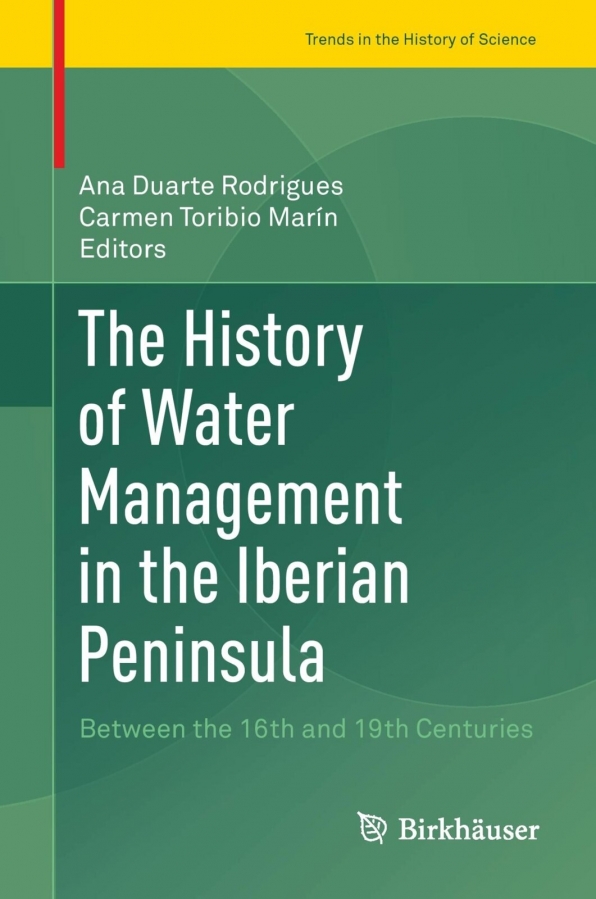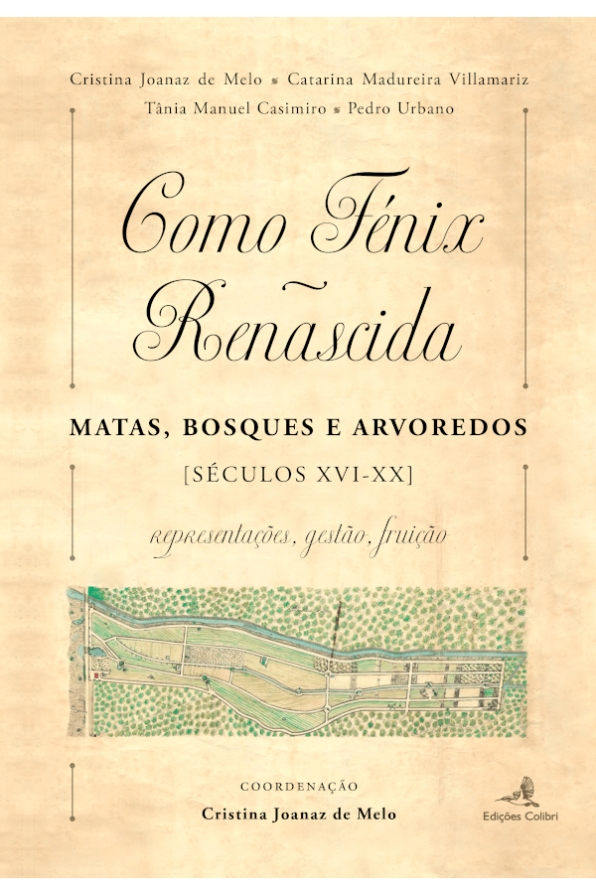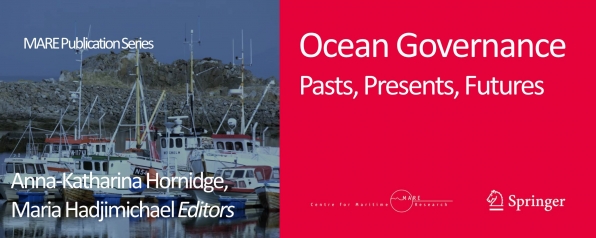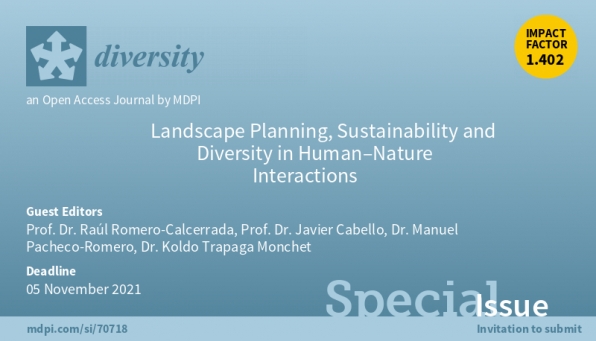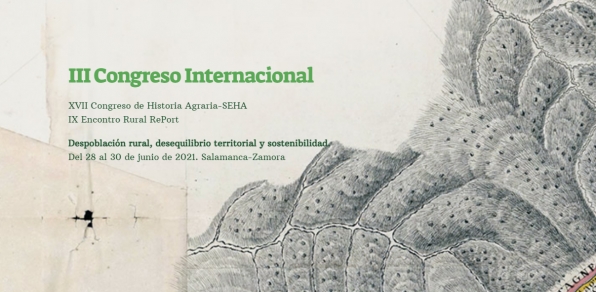Ocean Governance. Pasts, Presents, Futures
Editors: Anna-Katharina Hornidge, Maria Hadjimichael, Stefan Partelow
Call for Papers – as part of the COST Action ‘Ocean Governance for Sustainability’
The ocean, covering 71% of our planet is the common pool resource and boundary object par excellence with national, regional and global legal instruments shaping its governing mechanisms. From ‘territorial waters’ to the ‘Exclusive Economic Zone’ guiding the framework for waters within national jurisdiction, and the ‘common heritage of mankind’ status given to the ocean floor and the ‘Area beyond National Jurisdiction’ as ocean waters beyond the 200 nm zones off coast are ascribed in the United Nations Convention of the Law of the Sea (UNCLOS). In reality nevertheless, we observe globally and especially in those waters rich with biological resources (i.e. fish and seafood) that access is largely technology-determined. Especially in waters close to countries with little enforcement capacities at sea, predatory behaviour by large scale industrial fishing fleets, often enabled by local elites (e.g. West Africa) and often legitimised by agreements with third parties (i.e. the EU and China), but also international mining companies (e.g. Papua New Guinea) pose immense challenges to sustainability-inspired joint agenda setting or management of resources (Alff/Hornidge 2019 forthcoming; Belhabib et al. 2015). The European Commission has announced the ‘blue economy’ as a policy direction – and many other governments and regional bodies around the globe follow suit. So while a large-scale transformation of our production and consumption systems, away from a resource exploitative and growth based economy, towards a circular economy for living within our planetary boundaries is necessary, an increased use of the ocean – for food, energy, minerals, medicines and recreational purposes – is orchestrated (Hadjimichael, 2018).
The UN 2030 Agenda for Sustainable Development witnessed the ocean acting as a global boundary object, bringing together highly diverse nations and interest groups, together creating a momentum for change. Sustainable Development Goal 14 ‚‘Life below Water’ exists due to the joint initiative of several Small Island Developing States in the Pacific. Since then, SDG 14 has been the only Goal that was followed up by a large-scale UN Conference in New York – the UN Ocean Conference 2017 – and is expecting its follow-up in Lisbon in 2020. Numerous initiatives have further contributed to lifting the Ocean on the international, many regional and national-level agendas. Some speak of the ‘Ocean Century’, and indeed the Intergovernmental Oceanographic Commission of UNESCO has recently announced the UN Ocean Science Decade 2021-2030.
The aim of the proposed book is to provide an internationally visible collection of empirical analyses and salient discussions about the past and present contradictions, as well as future outlooks, of and on the governance of our oceans. The subject of governing our oceans and coastlines has arrived at the centre of European and global strategic and sustainability interests, exposing and addressing the high degree of policy fragmentation and the lack of pluralistic multi-level and multi-scale approaches to tackle existing challenges. This book aims to contribute to these ongoing debates about governance and policy-making by offering a range of historical and contemporary case studies from Europe and beyond.
The book will be organized into three sections: past, present and future. Chapters within each section will reflect the scientific outcomes from collaborations within the European-funded network “Ocean Governance for Sustainability – Challenges, Options and the Role of Science”, a network embedded in the Horizon 2020 Programme of the European Union. This network brings together scientists, policy-makers and civil society representatives from 28 nation states to create and coordinate a research network for multi-, inter- and trans-disciplinary research on ocean governance in Europe. Focal thematic areas develop within this network provide the basis for each chapter. These include: (a) land sea interaction; (b) area-based management; (c) seabed resource management; (d) nutrition and food security; (e) ocean, climate change and acidification; and (f) fisheries governance.
This book is intended to be a textbook as well as a key reference for understanding of the past, present and future challenges being faced in our oceans, highlighting the types of transitions that have or will need to take place to enable sustainable ocean governance. It is meant to outline existing narratives through which we make sense of as well as negotiate our oceans at local, regional and global levels, and across scales, such as policy, ecosystem, cultural and administrative. Furthermore, this book examines how our understanding of the oceans results from processes of social and cultural construction, which also reflects how we understand the status of the ocean as a legal entity. This enables emphasis on the different narratives, logics and rationales involved in constructing oceanic pasts, the shaping of its present, and the imaginaries of future ocean governance.
Contributors are invited to submit a 250-500 word abstract by February 28th, 2021, to Frauke Domgoergen (This email address is being protected from spambots. You need JavaScript enabled to view it.). The editors will then – based on the received abstracts – develop the structure of the textbook further and invite full texts of maximum 9000 words each to be submitted latest by April 30th, 2021. At the current moment, the book is planned to be published with Mare Series of Springer (to be confirmed with series editors once the volume structure is put together).
Call for Papers:pdf_file


